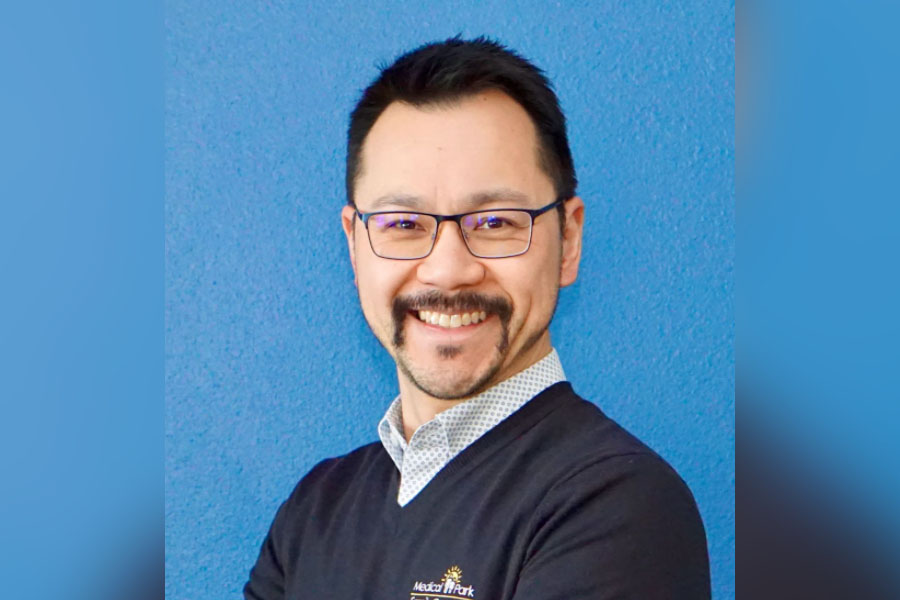What is your current role in health care?
“I am the administrator at Medical Park Family Care, a physician-owned independent family practice clinic in Anchorage, Alaska. We have about 16 full-time providers encompassing family practice and pediatric-specific providers. We also have a diabetes program, a sleep program, physical therapy, massage therapy, and on-site lab and radiology. So it’s pretty comprehensive, all in one shop.”
What stands out as a favorite memory during your time as an MHA student?
“It’s so hard to pick out one favorite memory. It was an incredible two years. Many classmates still try to keep in touch. I think the Minnesota family mentality was ingrained in us and it still holds, both the didactic as well as the softer skills. The biggest takeaway from the program was learning to work in small groups and working on projects with people with different backgrounds and skills. In healthcare, not one person can do it all so you have to be able to work with a lot of different people, utilizing everyone’s strengths.”
How has the MHA Program helped prepare you for your career?
“The combination of the problem-solving class projects and the summer residency program helped translate the didactic pieces around problem-solving, into a practical experience that has helped me a lot. The theory of always asking why and grouping problems and issues into root causes has stuck with me throughout my career.”
What challenges and opportunities will healthcare leaders encounter in the next 5-15 years? What skills will leaders need to be successful in light of these challenges and opportunities?
“The challenges and opportunities in some ways haven’t changed. When I graduated, the healthcare industry was going through cost-cutting, talking about managed care and value-based care. And those things still exist. I think what has changed in the last two years is that the pandemic has brought some underlying issues to the surface. Specifically, healthcare is about caring for people, not meeting metrics. It’s about caring for patients and your staff.
It is vital to know yourselves and have emotional intelligence and self-awareness. Understanding what motivates us and recognizing when we’re not at the top of our game is critical. Good leaders are servant leaders but it’s really hard to be present and serve those we lead if we are stressed. Take care of yourself so that you have the capacity to lead.”
If you could give one piece of advice to a current student, what would it be?
“Be open to opportunities – you may think that there is the ideal career path or there’s a certain goal that you have, and you may say ‘yeah I want to go from A to B’, but you should be open to different ways to get from A to B. Don’t get so focused, or narrow-minded, that you miss an opportunity that could lead you to something more incredible than you would have imagined.”
Why is your class the best class ever?
“For me, I value the time spent in the program and with my classmates, and even though I have not talked with some in many years, I know that if I were ever to call one of them up, those shared experiences will be what holds us together – trudging through the snow to Carlson, tailgating before a Twins game, or cramming before a stats test trying to figure out what the heck Professor Weckwerth was talking about!”

